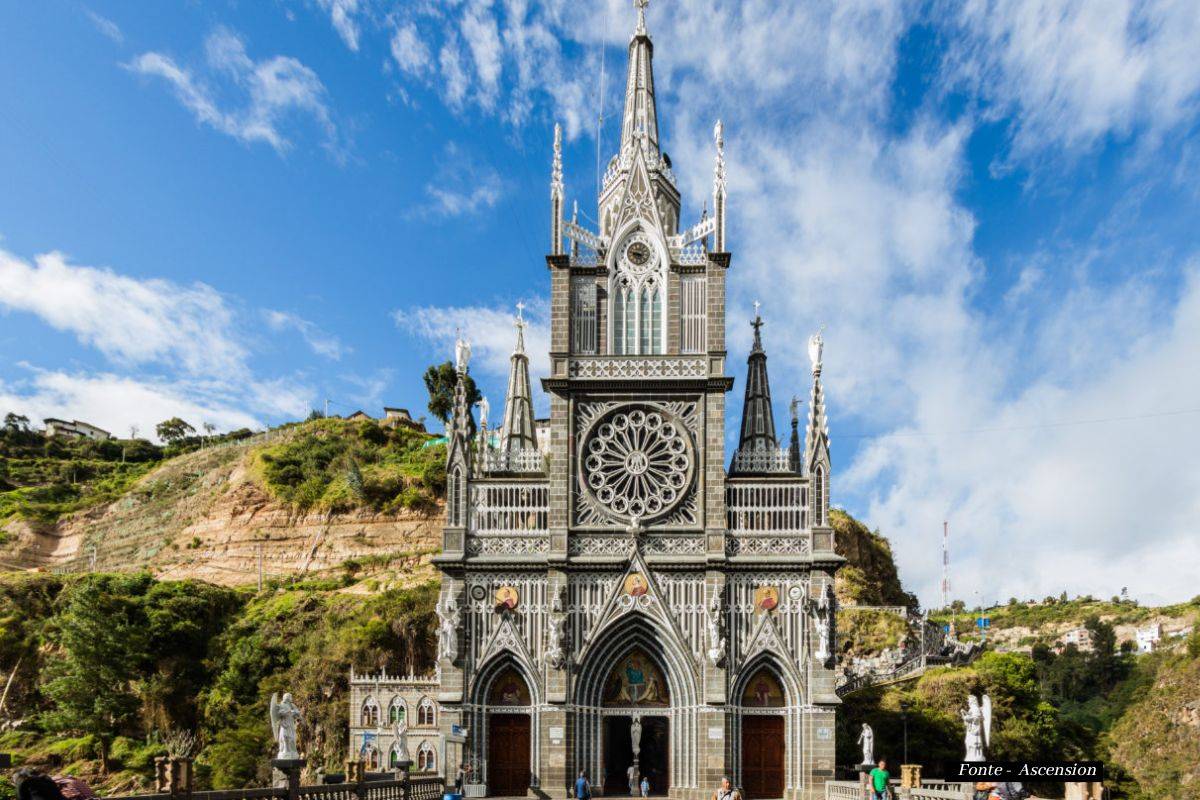
26-03-2024
Travel
Why is the pilgrimage important and which saints opposed to it?
A journey, a destination, a special place where the faithful can find comfort and a "direct" connection with the saints or the Lord. An escape from daily life.
Pilgrimage represents a meaningful aspect of spiritual life, an escape from daily life, and has always been part of many of the major religions. The Greeks went to Delphi, the Peruvians to Cuzco, the Muslims to Mecca, and the Jews to Jerusalem. We have just mentioned some of the places to which believers went, and still go today. These have always represented a special place for the believer to take refuge or seek spiritual help.
Even when we talk about Christianity, we know that it has inherited from the Eastern and Classical religious world the practice of pilgrimage. In this case, we refer to the worship of sacred places and objects related to Jesus, saints and apostles, from which spiritual benefit could be derived. It happened, however, that throughout history there were some saints, such as St. Jerome or St. Gregory of Nyssa, who opposed to the practice of pilgrimage because it was seen as a movement that involved disorder and chaos, losing the primary focus of this journey.
To mention some of the main destinations of Christian pilgrimage: the Holy Land, the Way of St. James de Compostela, Medjugorje, Lourdes shrine, and Our Lady of Loreto shrine. These are some of the many major pilgrimage destinations that many of the faithful decide to undertake during their lifetime. As Pope Benedict XVI also said, going on pilgrimage means both to move and to come into contact with the Lord and/or the saints. These words best summarize what is the meaning of this journey both physical, but also and above all spiritual. (Perché un pellegrinaggio è un aspetto importante della vita spirituale?)
Even when we talk about Christianity, we know that it has inherited from the Eastern and Classical religious world the practice of pilgrimage. In this case, we refer to the worship of sacred places and objects related to Jesus, saints and apostles, from which spiritual benefit could be derived. It happened, however, that throughout history there were some saints, such as St. Jerome or St. Gregory of Nyssa, who opposed to the practice of pilgrimage because it was seen as a movement that involved disorder and chaos, losing the primary focus of this journey.
To mention some of the main destinations of Christian pilgrimage: the Holy Land, the Way of St. James de Compostela, Medjugorje, Lourdes shrine, and Our Lady of Loreto shrine. These are some of the many major pilgrimage destinations that many of the faithful decide to undertake during their lifetime. As Pope Benedict XVI also said, going on pilgrimage means both to move and to come into contact with the Lord and/or the saints. These words best summarize what is the meaning of this journey both physical, but also and above all spiritual. (Perché un pellegrinaggio è un aspetto importante della vita spirituale?)
